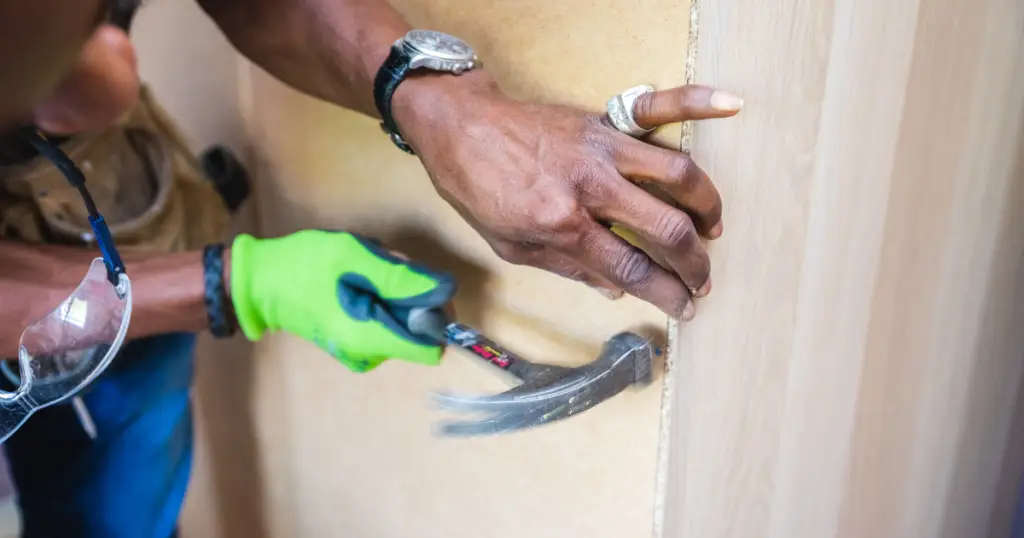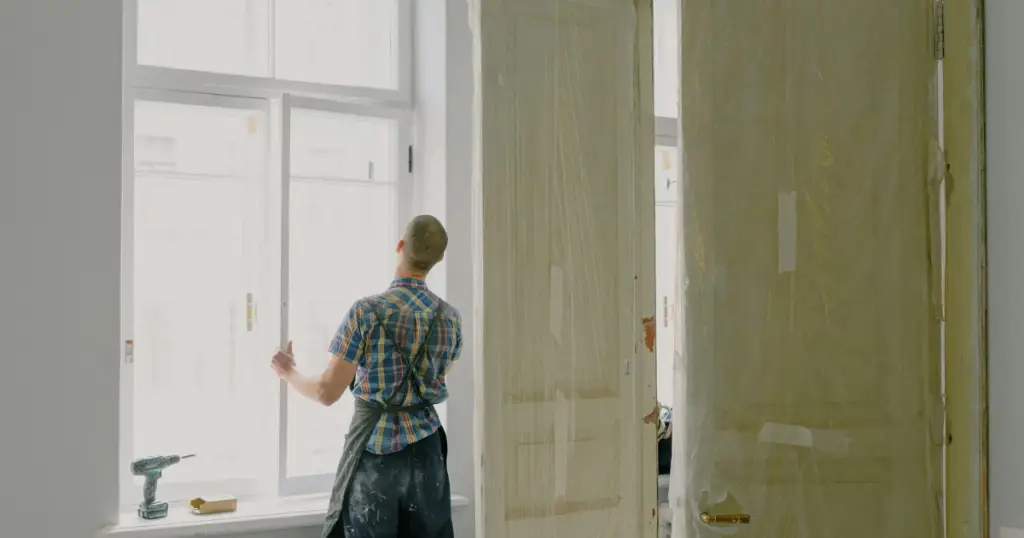What Should a Handyman Be Able to Do
Learn what should a handyman be able to do, from basic repairs to licensed tasks, and why skills and certifications matter for reliable service.
You know that moment when the kitchen faucet starts dripping at 7 a.m., the bathroom grout is turning black, and the back door won’t shut right?
That’s when you stop Googling “how to fix this myself” and start looking for someone who just knows.
A good handyman can save you time, stress, and sometimes even thousands in emergency repairs.
In places like Melbourne, where older homes need regular upkeep, having someone reliable like a handyman Richmond on speed dial makes all the difference.
But what exactly should a handyman be able to do? It’s not just about fixing things.
It’s about knowing what can be fixed, what needs a specialist, and doing it all safely and correctly.
The Core Skills Every Handyman Should Have
A handyman is the go-to person for everyday home fixes. They’re not specialists, but they’re trained in a range of common repairs that keep your house running smoothly.
The most common jobs include:
- Fixing leaky faucets and running toilets: A dripping tap might seem small, but it wastes water and can lead to bigger plumbing issues. Most handymen can replace washers, cartridges, or entire fixtures without calling a plumber.
- Drywall repair: Whether it’s a nail hole or water damage, a handyman should patch, sand, and prep walls so they’re ready for paint. Big structural damage? That’s when they’ll recommend a professional.
- Painting and prep work: This isn’t just about applying paint. It includes cleaning, patching holes, sanding, and using the right primer for kitchens, bathrooms, or outdoor areas.
- Door and window fixes: Sticking doors, squeaky hinges, or windows that won’t lock are routine. A handyman adjusts frames, tightens screws, and replaces broken hardware.
- Light fixture and outlet replacement: Swapping a ceiling light or a cracked outlet cover is standard. But rewiring a circuit? That’s beyond most handymen unless they’re licensed.
These tasks are the backbone of handyman work. They’re practical, common, and often prevent bigger problems down the line.
What About Bigger Jobs?

Some handymen take on more complex projects, depending on their skills and local rules.
Examples include:
- Installing appliances: Dishwashers, microwaves, or washing machines. This needs basic plumbing and electrical knowledge, but not full trade certification.
- Flooring repairs: Replacing a damaged floorboard, regrouting tile, or laying laminate. They might not install a full hardwood floor, but small fixes are doable.
- Deck and fence maintenance: Cleaning, sealing, replacing rotten boards, or tightening rails. Outdoor upkeep is a big part of the job, especially with weather changes.
- Gutter cleaning and minor roof checks: Clogged gutters cause water damage. Clearing them and checking for loose shingles helps prevent costly repairs.
These jobs demonstrate a handyman’s ability to handle both indoor and outdoor work.
It’s not just about fixing what’s broken. It’s about stopping problems before they start.
When Does a Handyman Need a License?
This is where things get serious. A handyman can do a lot, but not everything, and the rules depend on where you live.
In Australia:
| State | License Required For |
| NSW | Jobs over $5,000 or any plumbing, electrical, or gas work |
| Victoria | Jobs over $10,000 or specialized trades |
| Queensland | Electrical and plumbing always require licensed tradespeople |
For small jobs like painting, furniture assembly, or changing a tap washer, no license is needed.
But if the job involves gas lines, rewiring, or structural changes, a license is mandatory.
Even if a job doesn’t require a license, it might still need specific training. For example:
- Electrical work is limited to minor tasks like replacing switches or fixtures. A licensed electrician must do anything involving the main panel.
- Plumbing is similar. Fixing a leaky tap? Okay. Installing a new bathroom? That’s a plumber’s job.
Going beyond these limits isn’t just illegal, it’s dangerous. A good handyman knows when to say, “I can’t do this, but I know who can.”
Why Certifications Matter
You don’t need a degree to be a handyman, but training and certifications build trust and prove skill.
Some useful ones include:
- CAMT (Certified Apartment Maintenance Technician): Covers plumbing, electrical, HVAC, and appliance repair. It’s respected in the property management and rental industries.
- EPA 608 Certification: Required for handling refrigerants, like when working on air conditioners or fridges.
- OSHA-10 or safety training: Shows they follow safety rules, which protects both them and your home.
- IICRC Certifications: For water damage or mold cleanup, which needs special tools and procedures.
These aren’t just fancy letters. They mean the person knows how to work safely, use the right tools, and follow industry standards.
Certified handymen are more likely to:
- Follow building codes
- Use proper safety gear
- Handle hazardous materials correctly
- Complete jobs efficiently
That’s why it’s worth asking about certifications before hiring.
Soft Skills That Make a Difference
Technical skills are important, but so are the less obvious ones.
A reliable handyman should also have:
- Problem-solving ability: Homes are full of surprises. A pipe might be in the wrong place, or a wall might be hiding old wiring. They need to think on their feet.
- Attention to detail: A small gap in caulking can lead to mold. A slightly crooked shelf looks bad. Good work is in the details.
- Communication skills: They should explain what they’re doing, give clear estimates, and listen to your concerns.
- Time management: Juggling multiple jobs, showing up on time, and finishing what they start is part of being professional.
These traits separate okay handymen from great ones. You want someone who’s not just skilled, but also respectful and easy to work with.
What a Handyman Should Not Do

It’s just as important to know what’s outside their scope.
A handyman should not:
- Do major electrical rewiring
- Install or repair gas lines
- Handle structural changes like removing load-bearing walls
- Perform major plumbing overhauls
- Work on high-voltage systems or HVAC compressors without proper certs
If someone offers to do these jobs without the right license or training, it’s a red flag. It could void your insurance or create serious safety risks.
For example, working on gas lines without certification can lead to leaks or explosions. Rewiring a house without proper knowledge can cause fires.
A good handyman will be honest about their limits. That’s not a weakness, it’s professionalism.
Conclusion
So, what should a handyman be able to do? They should handle everyday repairs, maintain your home, and know their limits.
They’re the go-to for things that aren’t emergencies but still need fixing fast.
They combine practical skills with good judgment. They know when to fix it, when to call for backup, and how to leave your home better than they found it.
Whether it’s a squeaky door, a dripping tap, or a patch of damaged drywall, a skilled handyman keeps your home running smoothly.






